It’s More than Awareness
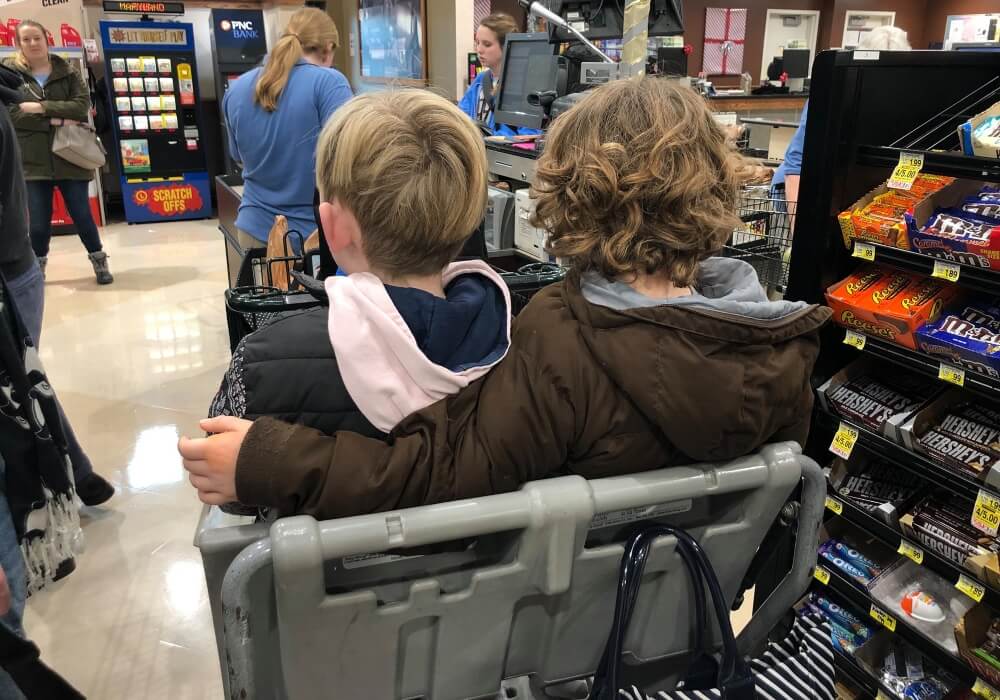
When I reflect about this month; April – Autism Awareness Month, what is it that I want most?
I want ACCEPTANCE, ADVOCACY and ACTION!
I want others to not just be aware of autism but to actually accept, make a difference, and make an impact in a life of some living with autism.
When we talk about awareness, its a good start but it’s not something we should be satisfied with.
It’s not until people understand, accept, and take action that we should say that progress has been made.
So, I’m sure many of you are asking what is the difference?
Awareness causes you to think. It heightens your senses or creates a perception of seriousness or possibly produces fear.
Awareness efforts, although good, tend to focus on classic clichés and 3 to 5 second soundbites, and that individuals with autism have problems that need to be solved.
Autism awareness lacks substance.
There’s no clear action plan or significance to awareness but yet just another way we keep promoting more awareness; and that awareness tends to end when we flip the calendar as we enter into the new month of May.
Awareness comes from good hearts, caring people, and a place of understanding. But for true understanding to happen it takes work.
Work that isn’t generated by catchy soundbites, cute poster children, or blue lights during one month.
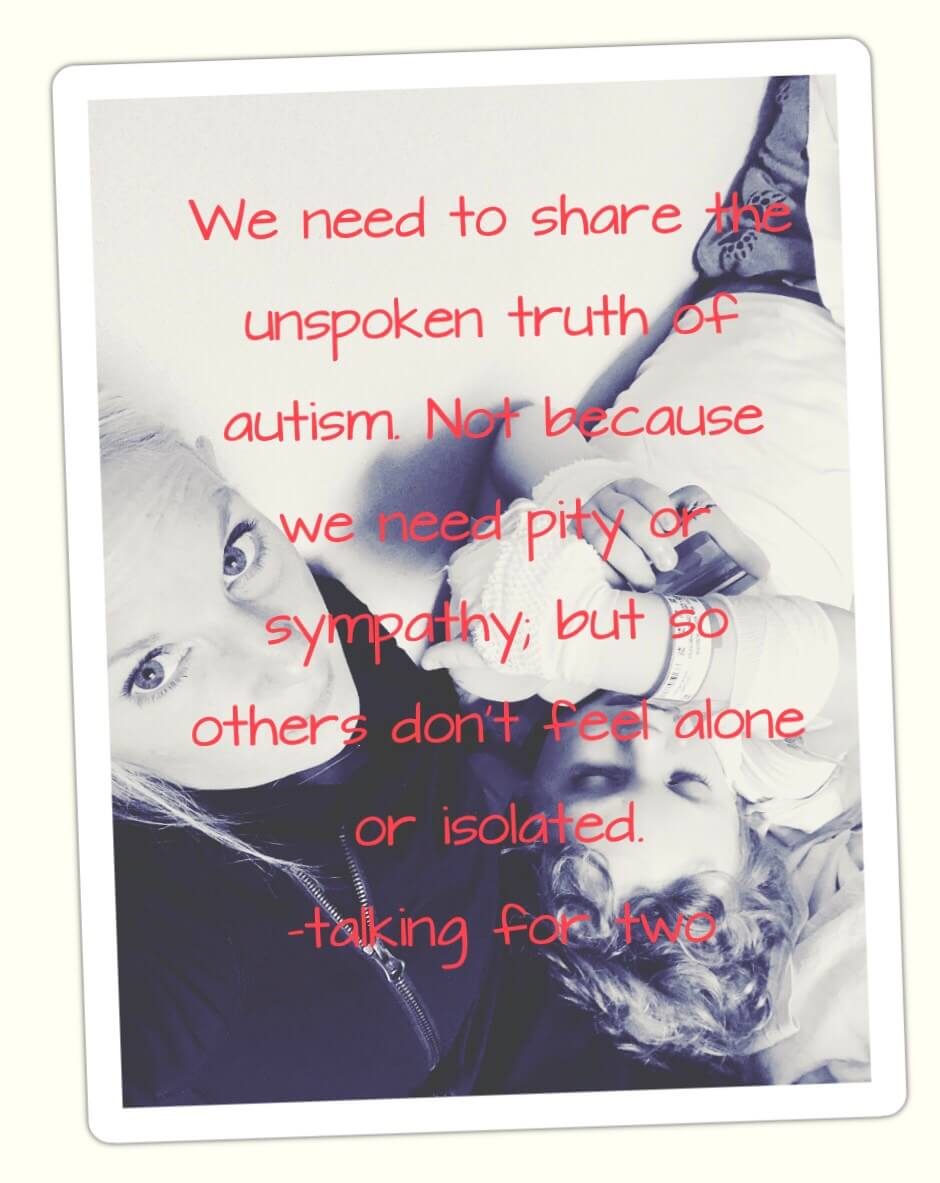
To accept those with autism, we first need to acknowledge them as individuals! As people; as growing, developing, unique, talented, beautiful members of the human kind.
We are not all the same, and those with autism are not either. We ALL have amazing traits and talents and WE ALL HAVE VALUE.
I can’t believe the things I have read recently. Grown adults bullying children. Calling them horrific names because of their autism…
What are we teaching our future?
What are we teaching our youth and our individuals with autism?
That they are not accepted, that they are not valued, because they are different? This has to stop!
Awareness only makes people aware of autism, acceptance requires action and action produces change.
Acceptance requires you face that which makes you uncomfortable. It makes you think WHY am I uncomfortable, and makes you confront that discomfort.
Perhaps the discomfort you feel, has to do with you and the differences you see you. And the reasons you say horrible things really has nothing to do with them, but with you.
Maybe your discomfort is guilt. Guilt because your family isn’t 1 of the 59 impacted by autism, let go of that guilt, celebrate your children and help us advocate for ours.
Autism acceptance means believing that most of our children do not need to be fixed or cured for them to live happy, good, and productive lives.
For some, living with more severe autism it means advocating for them to receive better services, and treatment; so they too can live and experience a more meaningful and valuable life.
Why ACCEPTANCE vs. AWARENESS?
Why should you care? Well, it’s simple; 1:59 individuals have autism.
Chances are you know someone, will know someone, or you yourself will be impact by autism at some point in your life.
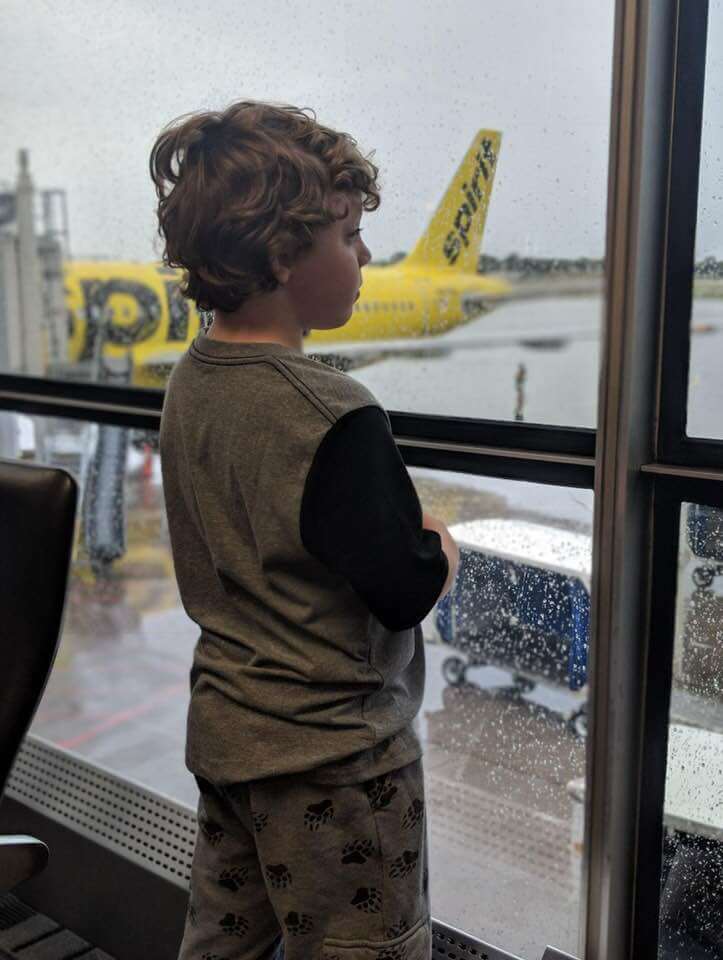
We are not going away nor should we!
Awareness says you know we are here, acceptance means you want us here. Either way individuals with autism will be here but accepting is about honoring all human diversity, making sure that everyone is included, valued, and contributing members of society.
What does this look like?
Awareness is easy. Acceptance is action. Acceptance requires work and action is taking the necessary steps to make it happen.
It says I support you! It is making your community more inclusive for individuals with autism. Creating youth programs so everyone can be included, teaching our young ones to treat everyone equal, and/or supporting individuals with autism to be the best person they can.
It’s helping them succeed in a world that’s not ideal by creating a more inclusive, and safer place for all abilities and ages.
To accept is to say, we see you for who you are.
It involves trying to understand and seeing individuals for who they are, not just their autism. We stop tolerating behaviors and start embracing them, learning how to offer better support.
For example: One summer all Quentin wanted to do at the local swimming pool was watch the divers dive off the high dive. He would run to his perch and remain there studying each dive. After each dive and splash, he would squeal loudly and flap so hard as if he was gearing up for take off.
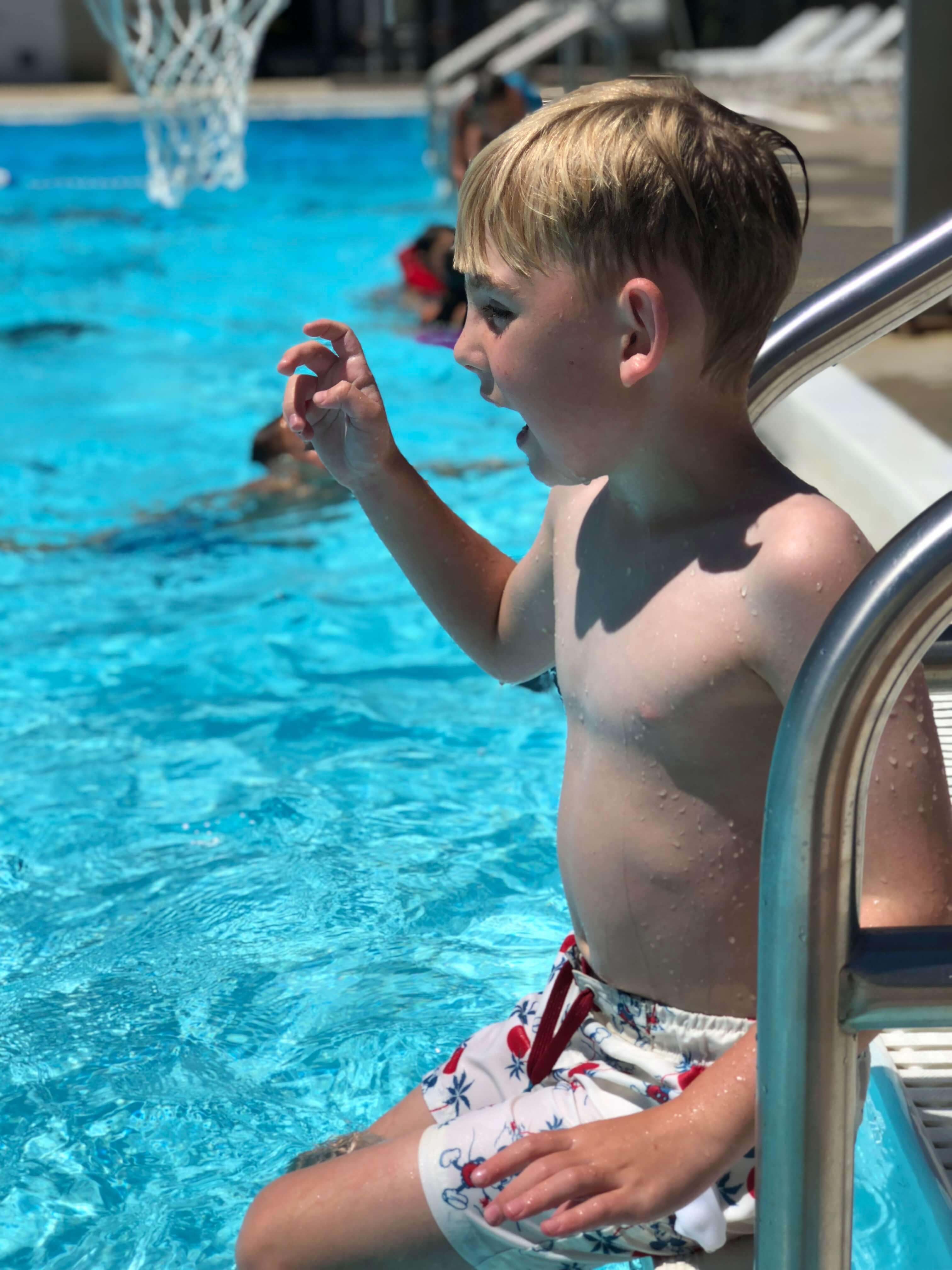
People would stare, they would talk, and some would laugh but we kept working with him. Our goal was to help him shape his high flap in to a flap/clap. We worked hard on this all summer.
The locals started to take notice and their annoyance turned to encouragement. By the end of the summer Quentin was clapping for the divers and the pool mates were clapping for him. Acceptance.
Acceptance is about encouraging and not condemning. It’s recognizing that our children have unique quirks, challenges, self-stims and things they can’t control; like meltdowns, but that they don’t do things to be embarrassing or “naughty”.
Acceptance says I support you, you belong, as you are.
Maybe someday we can walk down the street or through Target and seeing noise cancelling headphones, communication devices and a bouncing, squealing 10-year-old flapping freely and it will be just as common and accepting as talking on your cell phone while going through the check out.
We have come so far when it comes to autism awareness. I believe so many people are aware of what autism is, the amount of people impacted by autism and are supportive.
I think this is wonderful but I do not think we should be satisfied nor should we settle. We need to create an environment, a community of support for everyone; a unique accepting diversity, full of growth, and developing potential.
I know not everyone will see it the way I do but I will never stop advocating for my boys. And I will always stand up and take action for those who need it most, for we are their voice!

Written by, Christina Maulsby
From the author: My name is Christina Maulsby. After the past year of two failed inpatients and one intensive outpatient my son is in an Institute intensive inpatient unit in Baltimore. He was having approximately 400 self injurious behaviors a day and 25-30 aggressions towards others daily. He has been in Baltimore since September. He lives in Iowa. It’s been an overwhelming experience, filled with both gratitude and deep sadness. Writing is the only way I have found to cope with all the feelings I am experiencing. Follow our journey on Facebook at Talking for Two.
Interested in sharing a guest post? Click HERE to learn more.
Finding Cooper’s Voice is a safe, humorous, caring and honest place where you can celebrate the unique challenges of parenting a special needs child. Because you’re never alone in the struggles you face. And once you find your people, your allies, your village….all the challenges and struggles will seem just a little bit easier. Welcome to our journey. You can also follow us on Facebook and subscribe to our newsletter.

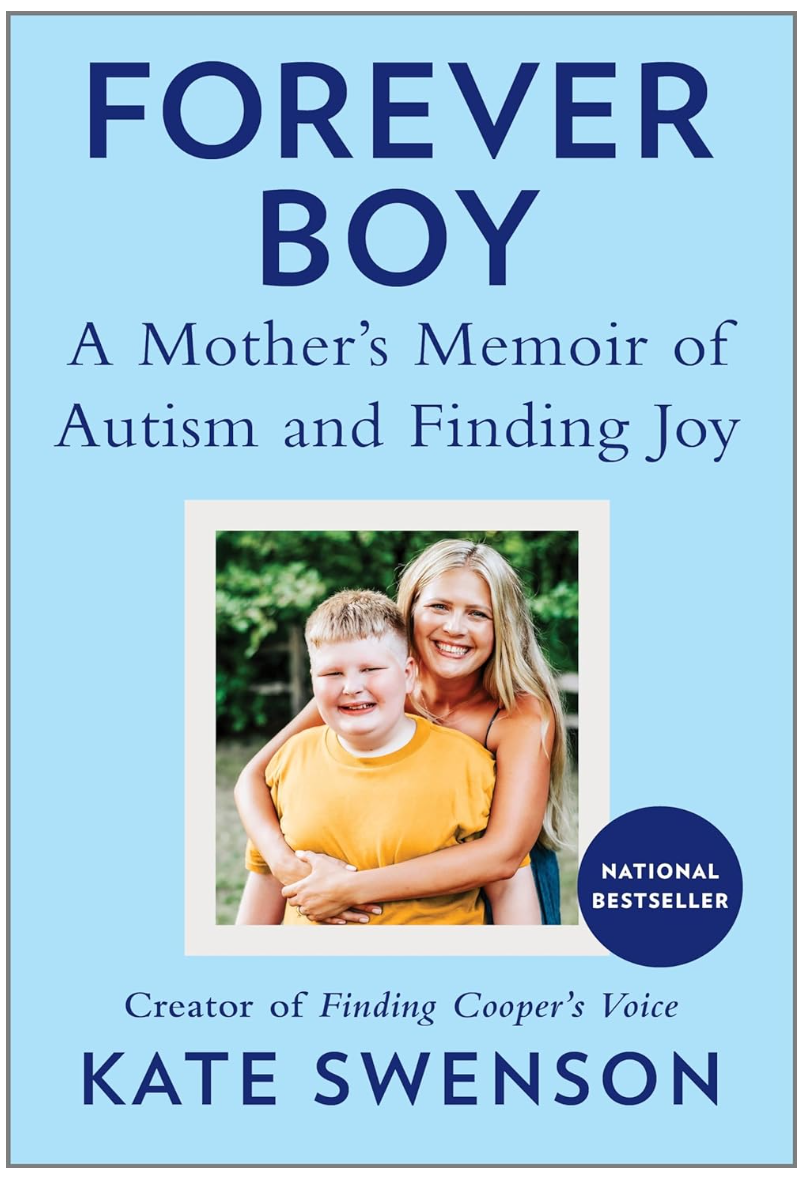
I support acceptance and the general idea of this article. I am confused by the opposition to the word awareness. The US Department of Heath and Human Services release a list of National Health Observances to raise awareness for important health topics. I think many in the autism community are angered by the word awareness and don’t realize that it’s a naming convention, National ___ Awareness Month. Obviously those of us who live with a family member with autism don’t realize that many of the general public are literally not aware. I love this blog and the many authors featured here, there are wonderful first person narratives that the general public don’t always see. I took Kate’s advice and I’ve been sharing my family’s stories in social media posts and they are very well-received. Thanks!